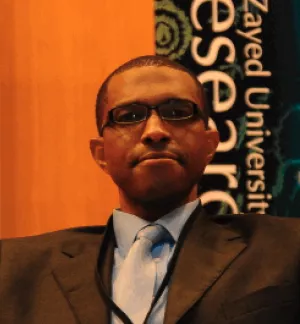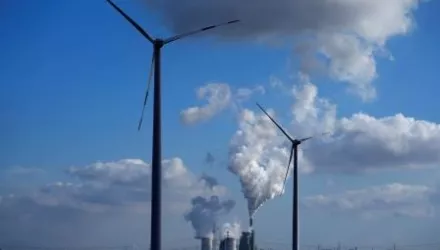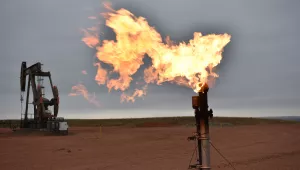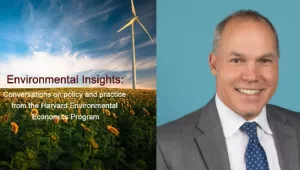From the introduction: "The old, but well known, proverb states, Give a man a fish, and you feed him for a day; teach a man how to fish, and you feedhim for life. This sums up in its entirety the fact that despite the best efforts of the World’s numerous aid agencies and NGOs, and despite the billions of aid dollars spent on the world’s poorest communities, poverty has seemingly become more entrenched. However, as shall be discussed subsequently, poverty can be broken, but only if the poor are viewed as creators of their own destinies, and given the tools to attack the problems that beset them. Preventative solutions that preemptively attack the root causes of deeply entrenched problems, and not merely symptoms, can generate spillover effects in all sectors of poverty mitigation That the world’s poor are in a desperate situation is undeniable. Scenes of pestilence, violence, flooding, massive climatic changes, and other horrors confront the viewer daily. The impact of Hurricane Katrina shocked the world, and seemingly heralded the image of the climate refugee. The Intergovernmental Panel on Climate Change (IPCC) suggested that 150 million climate refugees could exist by 2050 with the Islanders on Papua New Carteret Atoll among the first people to undergo forced displacement as they flee rising sea levels. However much the West wants to help, it is often beset by a sense of hopelessness; the problems seem so intractable that no one person or group can radically change the status quo. In September 2000, World leaders met at the United Nations Millennium Summit, and promulgated a series of time tables for meeting the Worlds most persistent challenges. These objectives, framed as the Millennium Development Goals (MDGs), sought to overcome the almost ubiquitous Pandora’s Box of impediments that confront the “typical” developing countries: hunger, illiteracy, gender inequality, disease, and environmental degradation. While energy was not explicitly listed by the UN as such an impediment, it was recognized for its role as both an aggravator and ameliorator of inequity. The UN defines energy poverty as lack of access to clean and efficient energy systems. With insufficient energy, the other MDGs are beyond the pale."
Click here for the full text.
Dargin, Justin and Dan Schnitzer. “Energy as a Compounding Agent: InterIntel and the Democratization of Sustainability.” Nuova Energia, February 25, 2009





